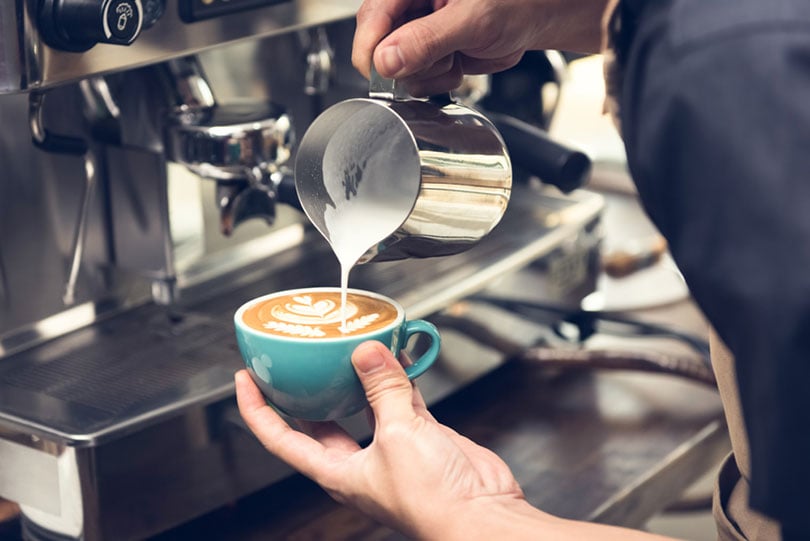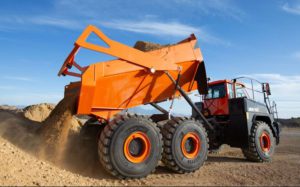
In today’s competitive café culture, employers are no longer just looking for someone who can make a decent flat white. The modern barista is expected to be a skilled professional who understands not only how to pull a shot but also how to represent the brand, maintain quality, and deliver a memorable customer experience. Whether you’re looking to land your first coffee job or aiming to level up in the hospitality industry, here’s what café owners and managers are really looking for — and how the right Barista Training can set you apart.
1. Technical Proficiency and Product Knowledge
One of the most important skills employers expect is a strong grasp of coffee-making fundamentals. This means knowing how to grind, dose, tamp, and extract espresso correctly. If you’ve completed the SITHFAB025 Prepare and serve espresso coffee unit — the nationally recognised training component in Australia — that’s a great indication you’ve received formal instruction in these areas.
Employers value baristas who understand how different grind sizes affect extraction, how milk texture influences flavour, and how to use the espresso machine safely and efficiently. An Accredited Barista Course that covers this unit ensures you’re trained to the national standard, which is often a prerequisite for employment in many reputable venues.
2. Speed and Efficiency Under Pressure
Coffee rushes can be intense, especially during peak morning or lunch hours. Employers want to hire people who can stay cool, focused, and productive even when things get tough. Completing a Barista Training program that includes hands-on practice during simulated high-volume scenarios gives you a competitive edge.
Efficient workflow behind the counter — from setting up the machine and prepping milk jugs to multitasking with customer orders — is a sign of a well-trained barista. If you can work cleanly and quickly without sacrificing quality, you’re exactly the kind of talent most café managers want on their team.
3. Customer Service and Communication
Coffee service is just as much about people as it is about products. A barista who can engage with customers in a friendly, approachable manner enhances the overall experience. Employers appreciate someone who remembers regulars’ orders, greets customers warmly, and can handle feedback or complaints professionally.
Good communication with coworkers is equally essential. A barista who can clearly relay orders, assist teammates, and maintain a positive attitude contributes to a smooth-running café.
4. Attention to Detail and Cleanliness
No matter how skilled you are with the espresso machine, if you don’t clean up after yourself or maintain hygiene standards, it can be a dealbreaker. Employers value baristas who take pride in keeping their station clean, their equipment well-maintained, and their work organised.
In many Accredited Barista Courses, cleaning routines, food safety protocols, and hygiene standards are emphasised alongside technical training. This is another reason why choosing a certified course can show employers you’re ready to work professionally from day one.
5. Willingness to Learn and Adapt
The coffee industry is constantly evolving — new brew methods, sustainability practices, and equipment innovations emerge every year. Employers admire baristas who show curiosity, stay updated with trends, and are open to ongoing learning.
Having completed SITHFAB025 Prepare and serve espresso coffee is great, but pairing it with real-world curiosity and initiative makes you stand out even more. Taking feedback positively and showing an interest in refining your skills signals to employers that you’re in it for the long haul.
Final Thoughts
To become a barista that employers truly want to hire, it’s not just about making a good cup of coffee — it’s about bringing technical skill, professionalism, and passion to the role. Enrolling in an Accredited Barista Course that includes the SITHFAB025 Prepare and serve espresso coffee unit ensures you’re equipped with the practical and theoretical knowledge required to thrive.
Invest in quality Barista Training, develop your interpersonal skills, and always be open to learning — and you’ll be well on your way to brewing success in the hospitality industry.



